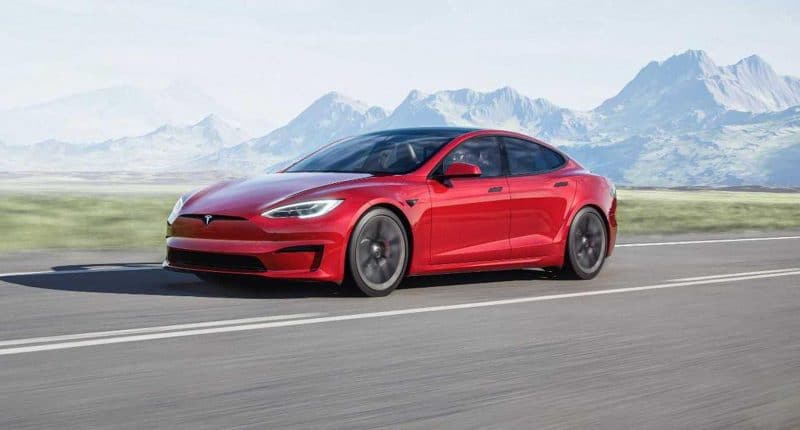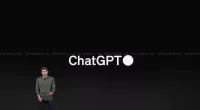Elon Musk-owned Tesla has reportedly suspended new orders for its US-manufactured Model S and Model X vehicles in China. According to a report by Reuters, the EV maker has removed the ‘order now’ options for these models from its Chinese website and WeChat platform, limiting customers to viewing available inventory only.
Clearly, this decision is driven by escalating trade tensions between the US and China. The Chinese government recently imposed a 125% tariff on US imports in response to the US’s 145% tariff on Chinese goods. These increased tariffs have significantly raised the costs of importing American-made vehicles into China, making models like the Model S and Model X less competitive in the Chinese market.
Meanwhile, Tesla’s Shanghai Gigafactory (which produces the Model 3 and Model Y) remains unaffected by these tariffs and continues to serve both domestic and international markets. In 2024, the factory produced around 822,894 vehicles, with around 69% sold domestically and the remainder exported. Notably, the Tesla Model Y was indeed the best-selling car in 2024, exceeding the BYD Qin Plus.
The latest move becomes significant as in 2024, the EV manufacturer sold over 657,000 vehicles (~ 37% of its global deliveries) in China, marking an 8.8% increase from the previous year. This performance positioned Tesla as the third-largest player in China’s new energy vehicle (NEV) market, with around 6% market share. However, Tesla faces intense competition from domestic manufacturers like BYD, which led the market with a 34.1% share and sold over 3.7 million NEVs in the same year.
The current circumstances become more critical for Tesla, considering the company reported a significant drop (~13% year-over-year) in vehicle deliveries for the three months ended March 2025 (Q1 2025), amid challenges in both production and market demand. In terms of numbers, the company delivered 336,681 vehicles during the January-March period, falling well short of analyst expectations, which ranged between 360,000 and 370,000. In March, Tesla’s sales of China-made vehicles fell 11.5% year-over-year to 78,828 units. In parallel, BYD reported a 58% increase in first-quarter deliveries of its battery-electric and plug-in hybrid vehicles.
It is important to note that – despite being a vocal supporter of President Trump and even playing an important role in the US administration – Musk has publicly stated that he does not support tariffs – even if it benefits Tesla. However, he has not openly condemned Trump’s current tariff campaign. But at the same time, the billionaire expressed concern that subsidies and tariffs can distort markets.
In the past, Musk also criticized China for not providing equal access to its market for US automakers, particularly electric vehicle (EV) manufacturers. Notably, Tesla avoids most of the pain from tariffs because it builds its US cars locally, unlike companies that import cars into the US and would face extra costs.
The Tech Portal is published by Blue Box Media Private Limited. Our investors have no influence over our reporting. Read our full Ownership and Funding Disclosure →






